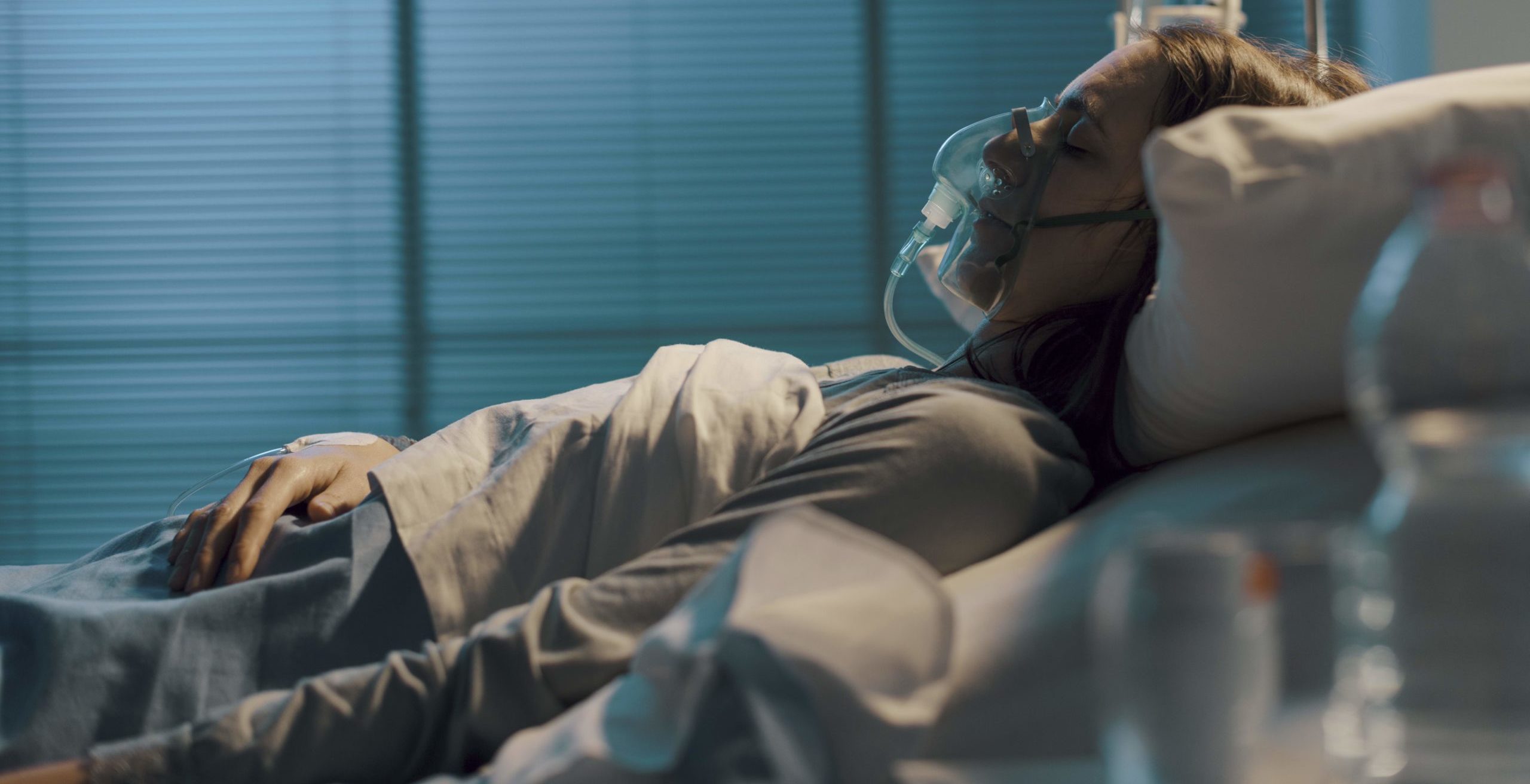
As the COVID-19 wave rolls over hospitals throughout the country, state officials warn that they soon won’t be able to meet the patient demand. Ventilators are in short supply, as are hospital beds, masks, gowns, and licensed medical professionals.
Respiratory therapists, who operate the ventilators needed to combat a virus that attacks the respiratory system, are required by most states to have licenses, certifications, or other credentials. But many who aspire to hold this now crucial position can face an unexpected barrier: a criminal record.
Many state statutes either restrict or deter people who have criminal records—even decades-old misdemeanors in some states—from being licensed as respiratory therapists. And it doesn’t stop there. In some states, a misdemeanor could prevent someone from becoming an EMT. Other state laws limit access to public works jobs for certain felonies or misdemeanors. And an embalming license can be denied in some states for an ambiguous “crime involving moral turpitude.” The federal government recently labeled all of these professions essential to meet the demands of the COVID economy.
In the best of circumstances, people with criminal records have a difficult time accessing jobs. One study from the Prison Policy Initiative showed that people with records suffered from an alarmingly high 27-percent unemployment rate, in 2008—almost five times higher than the unemployment rate for the general public at that time. People recently released from prison were the most likely to be unemployed or underemployed, with a 32-percent unemployment rate among people released in the prior two years. These hurdles particularly impact people of color: Whereas white job applicants with criminal records have a callback rate of 17 percent, black applicants with criminal records receive callbacks at a rate of only 5 percent.
Many factors make the job market harder for people with records, including limited access to education and the pervasive stigma surrounding criminal records. And legal barriers to employment are another significant driver of the problem. There are more than 29,000 state and federal regulations that impede access to employment, professional licensing, and entrepreneurship on the basis of a criminal conviction. Healthcare employment and licensure is more affected by collateral consequences than any other industry, with approximately 6,800 regulatory barriers.
And these laws don’t just affect a small fragment of the population. Millions of Americans have a criminal record of some kind. To shut such workers out of the few areas of our economy that are growing is to trap even more of them in unemployment, a result that not only hurts them and the people they support financially, but also deprives the rest of us from the benefit of a group of highly motivated workers.
COVID-19 has left state and federal policymakers with painfully long to-do lists. But revisiting employment and licensing restrictions to ensure that they are absolutely necessary to protect public safety is an issue that shouldn’t be sidelined. This is particularly the case because we know that having a job is a key factor in reducing one’s chances of committing a crime in the future.
If COVID-19 has any bright spot, it is that it has forced many of us to reflect on what matters most. In such moments, the health of our families looms large. It’s painful to think about the moment when someone I love might need acute respiratory care; even more so to imagine that we could miss out on such care because we’ve denied a group of our fellow Americans the opportunity to help.
Editor’s Note: This is the second installment in a series related to COVID-19 and its impact on the criminal and juvenile justice systems. For more guidance related to the outbreak, visit the new resource website launched by The Council of State Governments.
Photo credit: Ashkan Forouzani via Unsplash
About the Author











